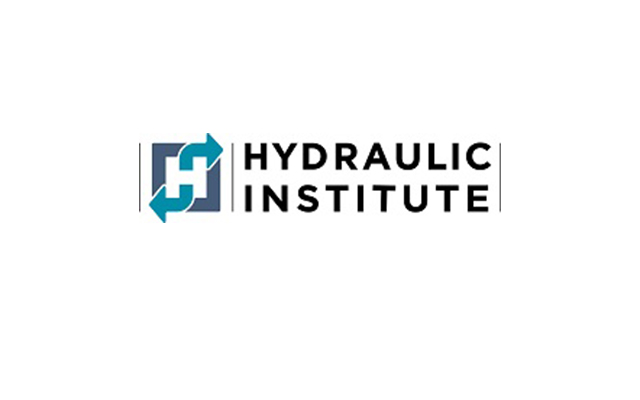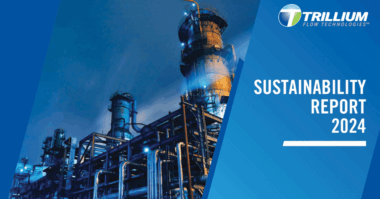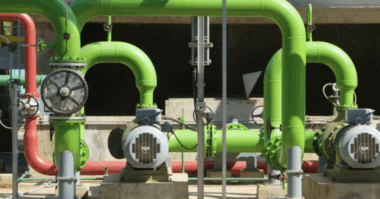Hydraulic Institute members reach consensus recommendation for an energy conservation standard level for Circulator Pumps as part of ASRAC working group.
Members of the Hydraulic Institute, Armstrong Fluid Technology, Grundfos, Taco Inc., WILO USA and Xlyem Applied Water Systems participated on a 15 member Appliance Federal Rulemaking Advisory Committee (ASRAC) working group on circulator pumps. On November 30, 2016, the working group reached consensus on a term sheet recommending to the ASRAC and the Secretary of Energy, terms for the development of a test procedure and energy conservation standard levels for circulator pumps. The consensus term sheet will go to the ASRAC for approval and be posted to the public docket. For background and updates on the circulator pump rulemaking process, including the approved term sheet when available, please visit: https://www.regulations.gov/docket?D=EERE-2016-BT-STD-0004.
The committee work and negotiations took more than 10 months and 20 face to face meetings. The working group believed the time and effort was well worth it as the resultant standard level will transform the circulator pump market from induction motors to more efficient electrically commutated motors and save more than 0.7 Quads of energy.
The working group recommended that the U.S. Department of Energy (DOE) make every effort to issue a final rule by the end of 2017 and a four year implementation period from the date of publication of the final rule. Following this timeline the industry could expect a compliance date around January of 2022.
To stay up to date on the circulator pump rulemaking and other pump related regulatory issues, please visit: http://www.pumps.org/DOE_Rulemaking.aspx
For more information on the Hydraulic Institute, visit www.Pumps.org.




